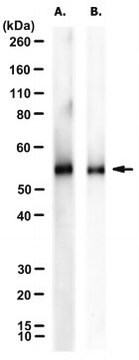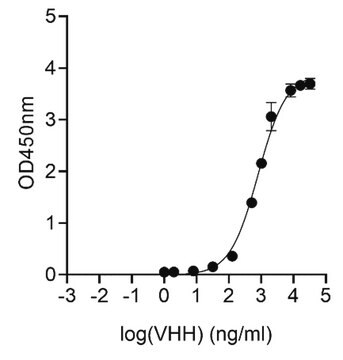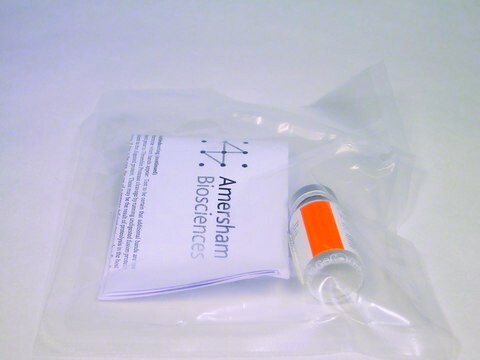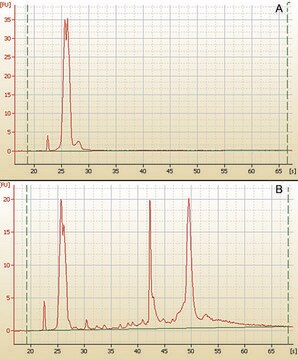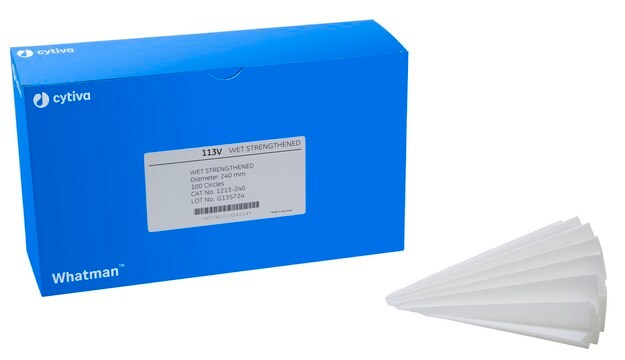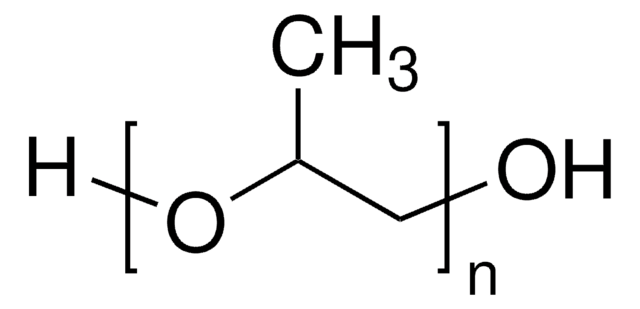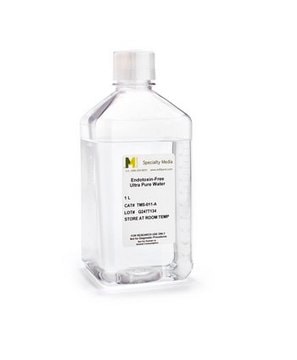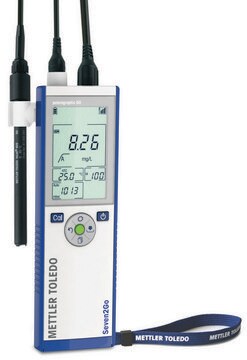MABN2402
Anti-Tau Antibody, clone 10C5
Sinonimo/i:
MAPTL, MTBT1, Neurofibrillary tangle protein, PR-1, Paired helical filament-tau (PHF-tau), TAU
About This Item
Prodotti consigliati
Origine biologica
mouse
Livello qualitativo
Forma dell’anticorpo
purified antibody
Tipo di anticorpo
primary antibodies
Clone
10C5, monoclonal
PM
calculated mol wt 79 kDa
observed mol wt ~57 kDa
Purificato mediante
using protein G
Reattività contro le specie
human, mouse
Confezionamento
antibody small pack of 100
tecniche
ELISA: suitable
immunohistochemistry: suitable
western blot: suitable
Isotipo
IgG2bκ
Sequenza dell’epitopo
N-terminal half
N° accesso ID proteina
N° accesso UniProt
Temperatura di conservazione
2-8°C
Informazioni sul gene
human ... MAPT(4137)
Specificità
Immunogeno
Applicazioni
Evaluated by Western Blotting with His-tagged, Human recombinant Tau, isoform 1N4R. Western Blotting Analysis: A 1:1,000 dilution of this antibody detected His-tagged, Human, recombinant Tau isoform 1N4R.
Tested Applications
Enzyme Immunoassay (ELISA): Serial dilutions from a representative lot detected Tau monomers or Tau aggregates induced with arachidonic acid in ELISA (Courtesy of Nicholas Kanaan, Ph.D., Michigan State University, USA).
Western Blotting Analysis: A representative lot detected recombinant, human Tau isoform 2N4R monomers and aggregates, 2N3R monomers and aggregates, and mouse Tau monomers. (Courtesy of Nicholas Kanaan, Ph.D., Michigan State University, USA).
Immunohistochemistry Applications: A representative lot detected Tau in Alzheimer′s diseased (AD) brain (superior temporal cortex, STG) tissue sections. Human disease sections had to be treated with phosphatase (dephosphorylates tau) to obtain reactivity suggesting tau in human AD is phosphorylated at its epitope. (Courtesy of Nicholas Kanaan, Ph.D., Michigan State University, USA).
Note: Actual optimal working dilutions must be determined by end user as specimens, and experimental conditions may vary with the end user.
Descrizione del bersaglio
Stato fisico
Ricostituzione
Stoccaggio e stabilità
Altre note
Esclusione di responsabilità
Non trovi il prodotto giusto?
Prova il nostro Motore di ricerca dei prodotti.
Codice della classe di stoccaggio
10 - Combustible liquids
Classe di pericolosità dell'acqua (WGK)
WGK 1
Punto d’infiammabilità (°F)
Not applicable
Punto d’infiammabilità (°C)
Not applicable
Certificati d'analisi (COA)
Cerca il Certificati d'analisi (COA) digitando il numero di lotto/batch corrispondente. I numeri di lotto o di batch sono stampati sull'etichetta dei prodotti dopo la parola ‘Lotto’ o ‘Batch’.
Possiedi già questo prodotto?
I documenti relativi ai prodotti acquistati recentemente sono disponibili nell’Archivio dei documenti.
Il team dei nostri ricercatori vanta grande esperienza in tutte le aree della ricerca quali Life Science, scienza dei materiali, sintesi chimica, cromatografia, discipline analitiche, ecc..
Contatta l'Assistenza Tecnica.